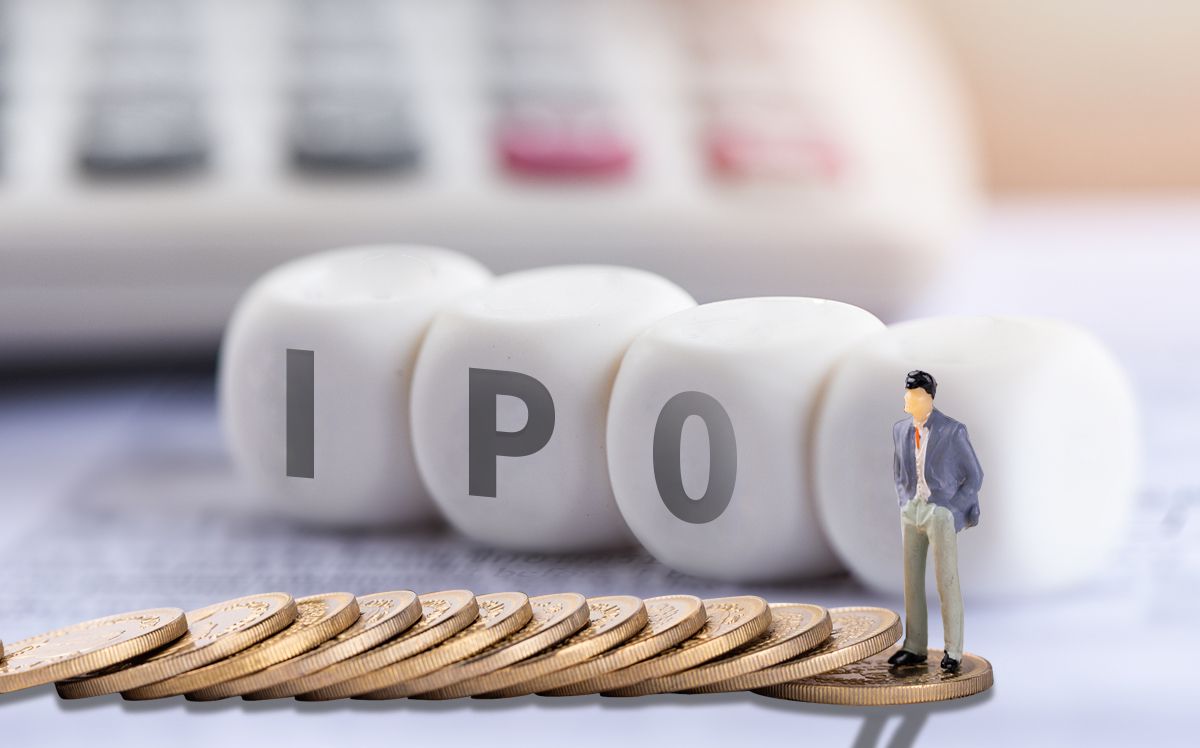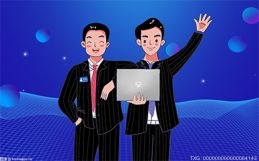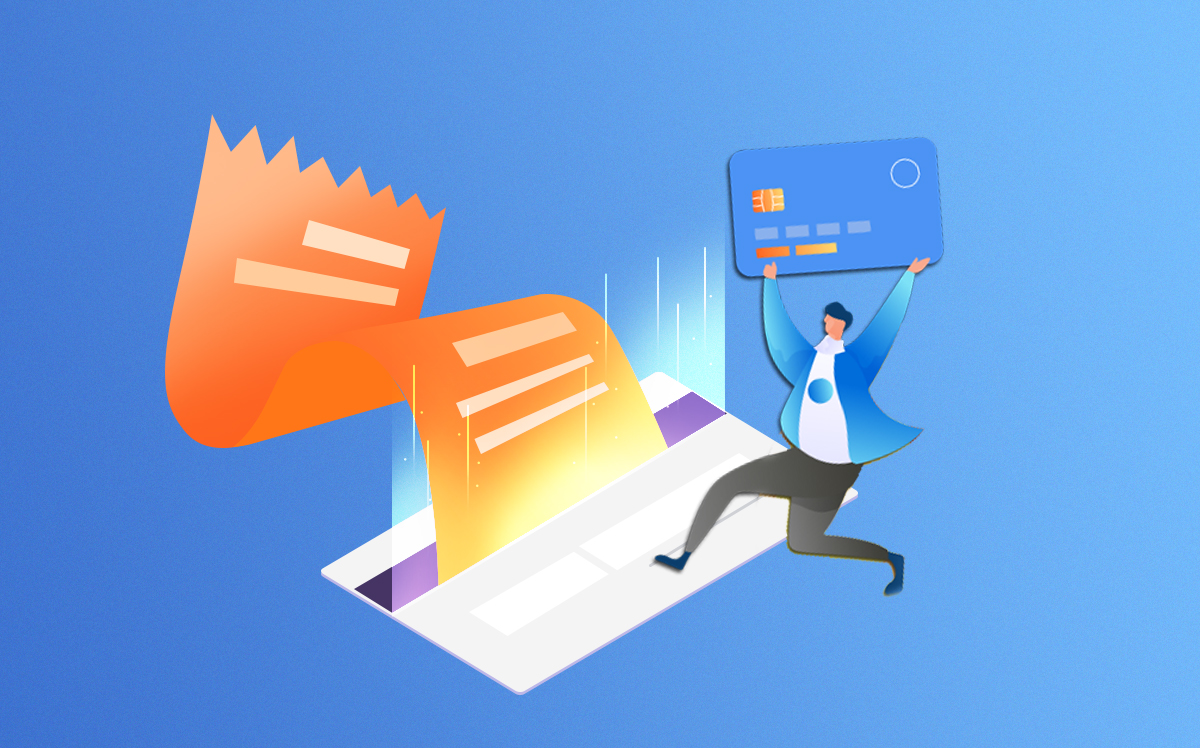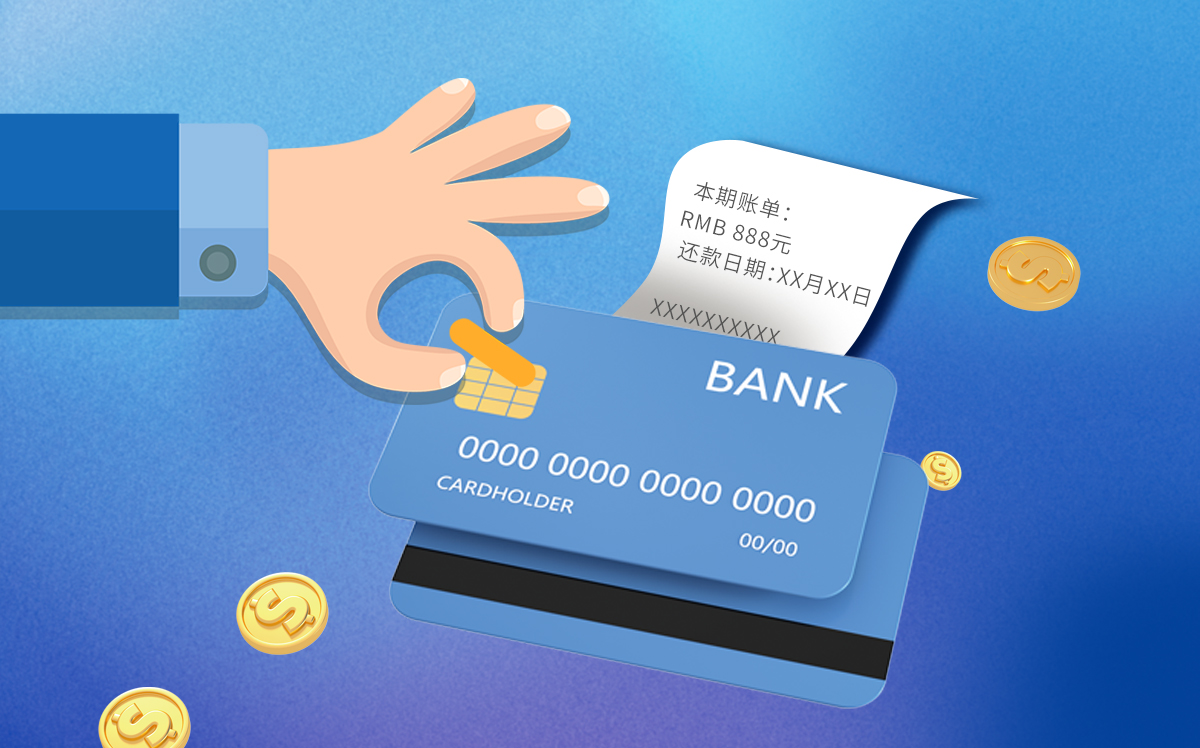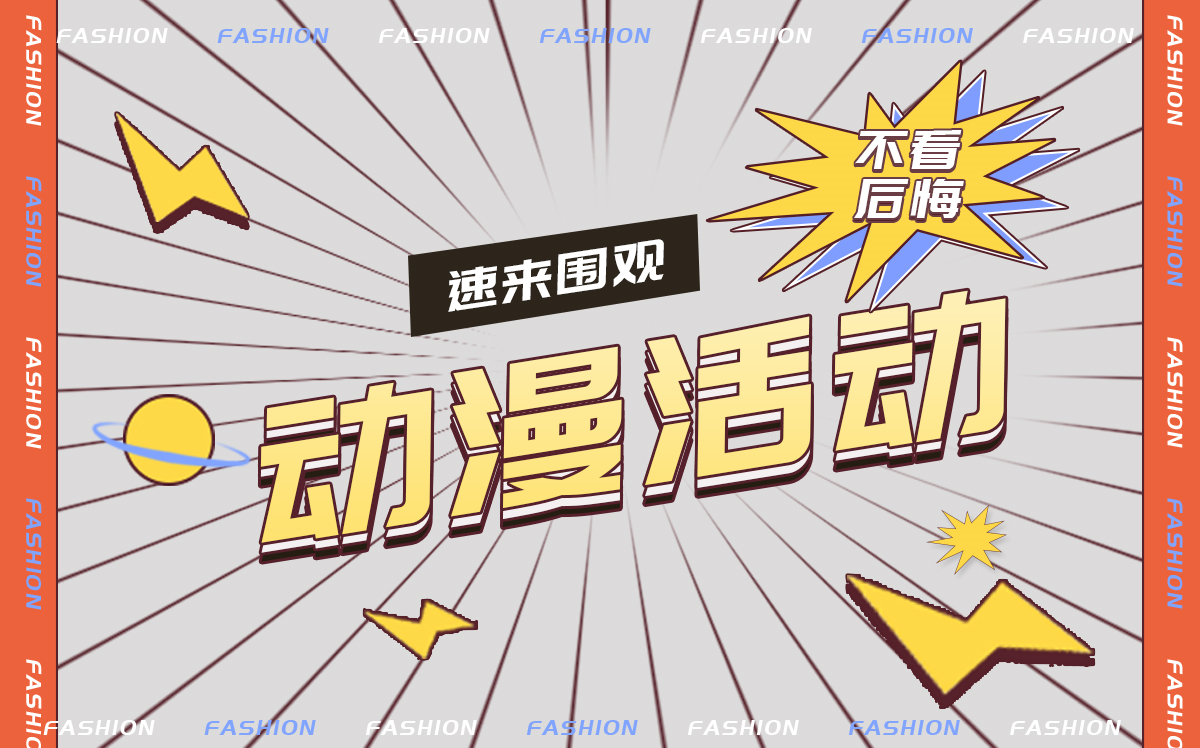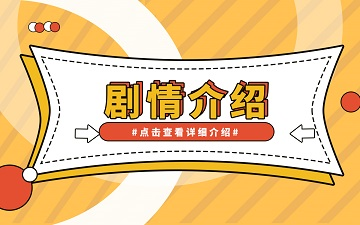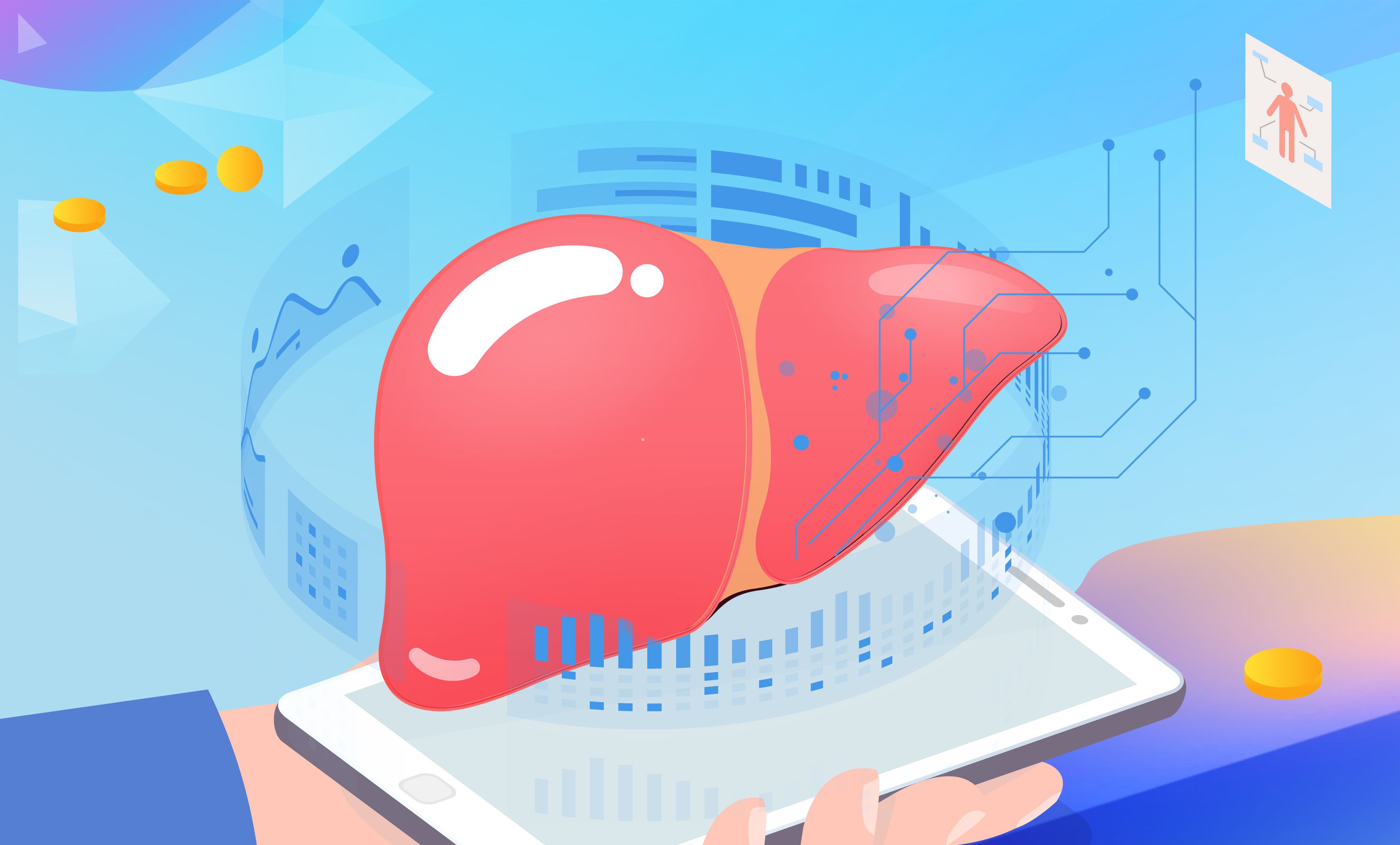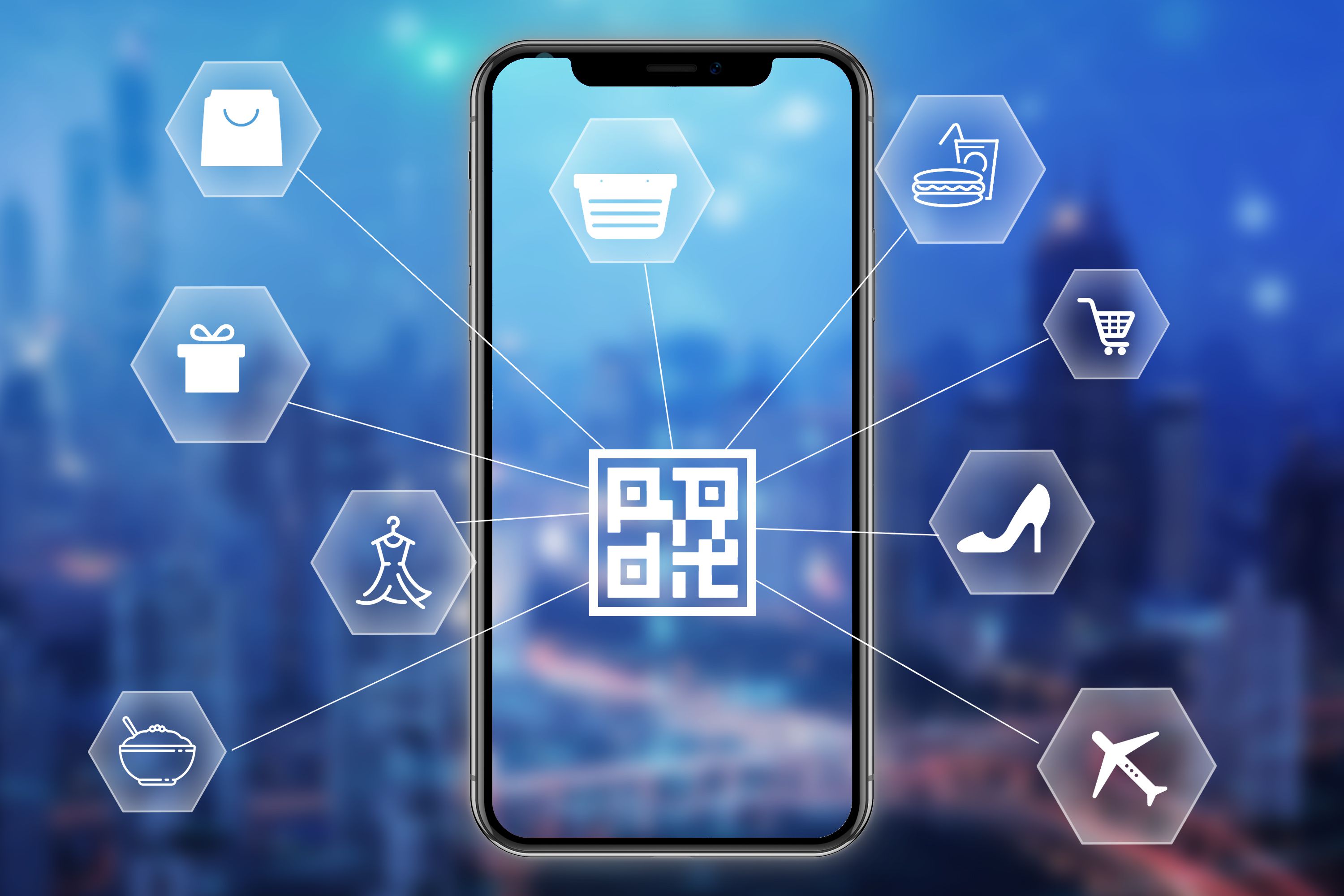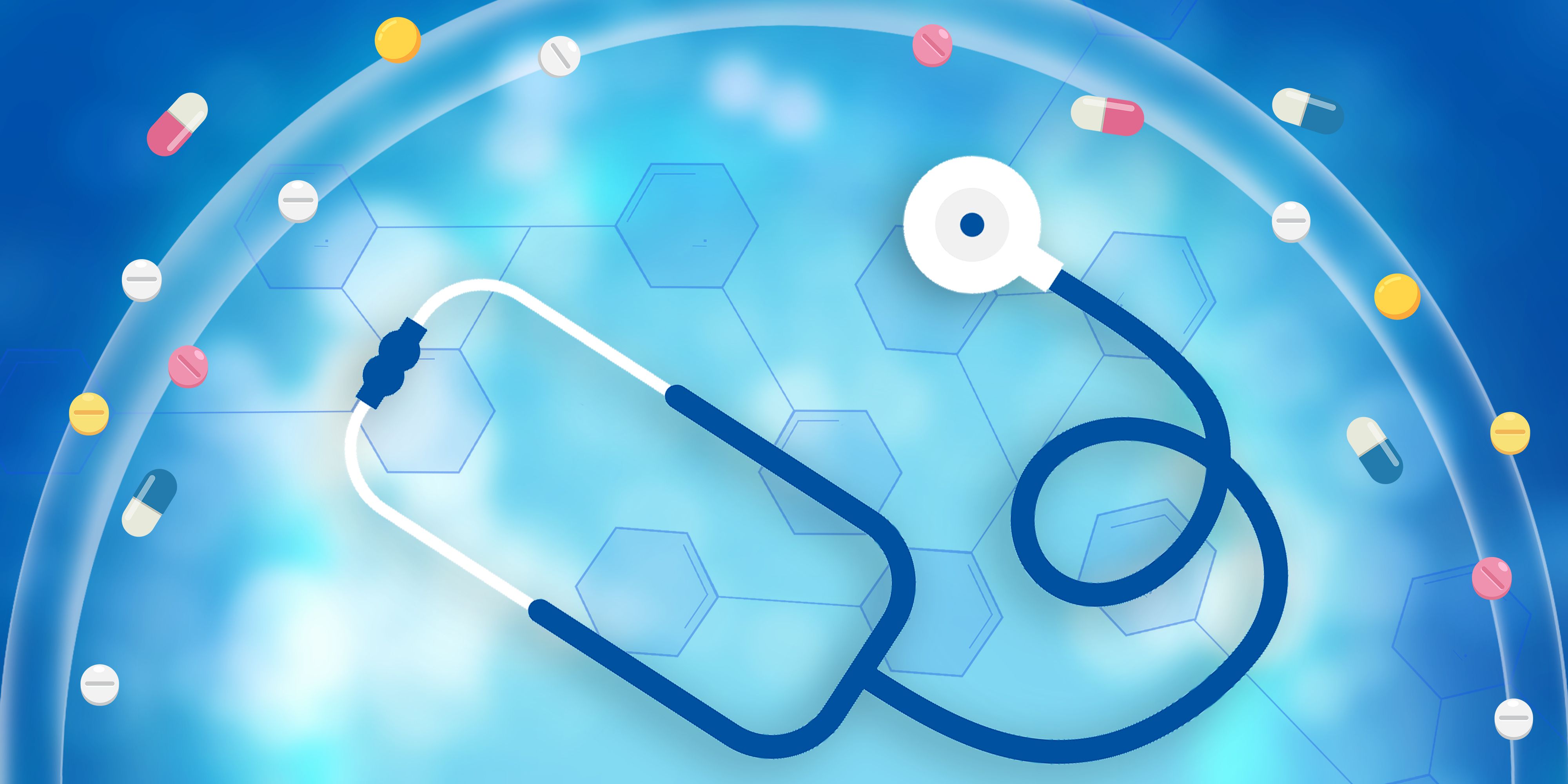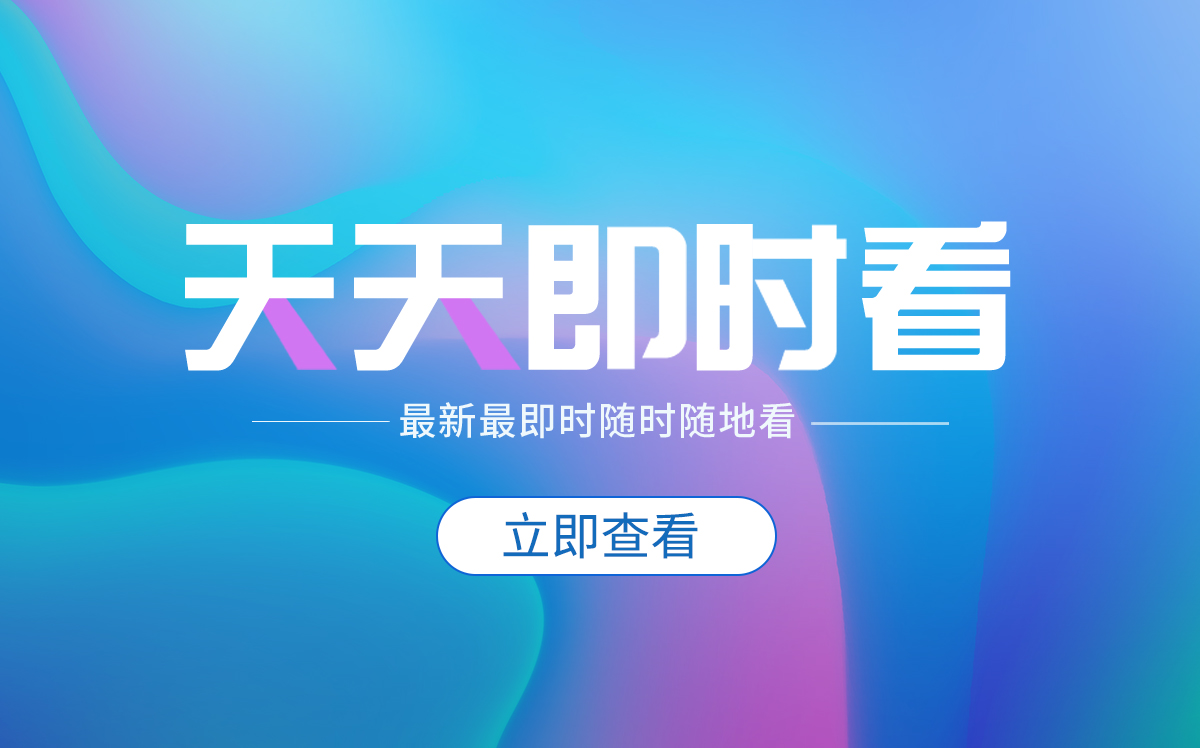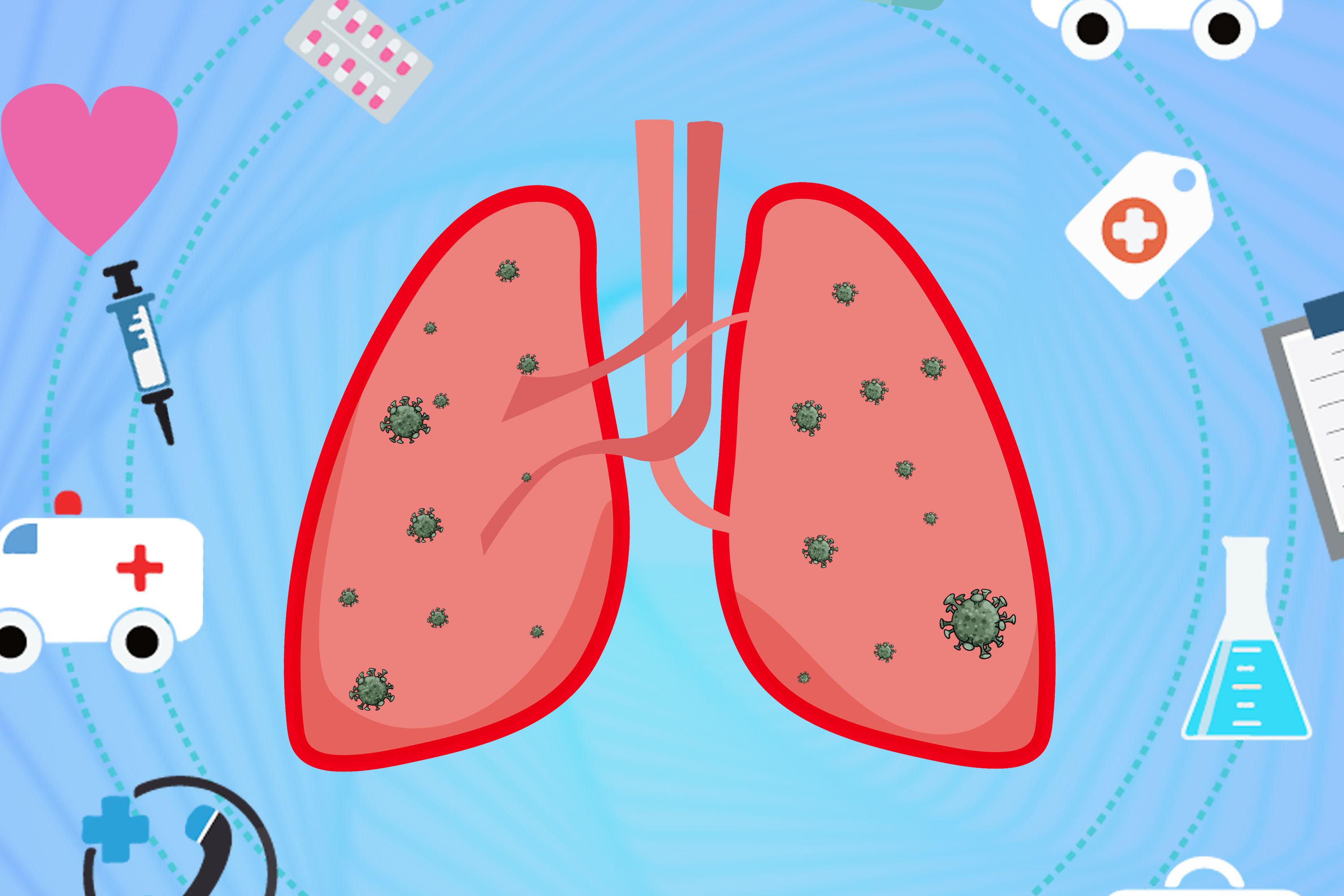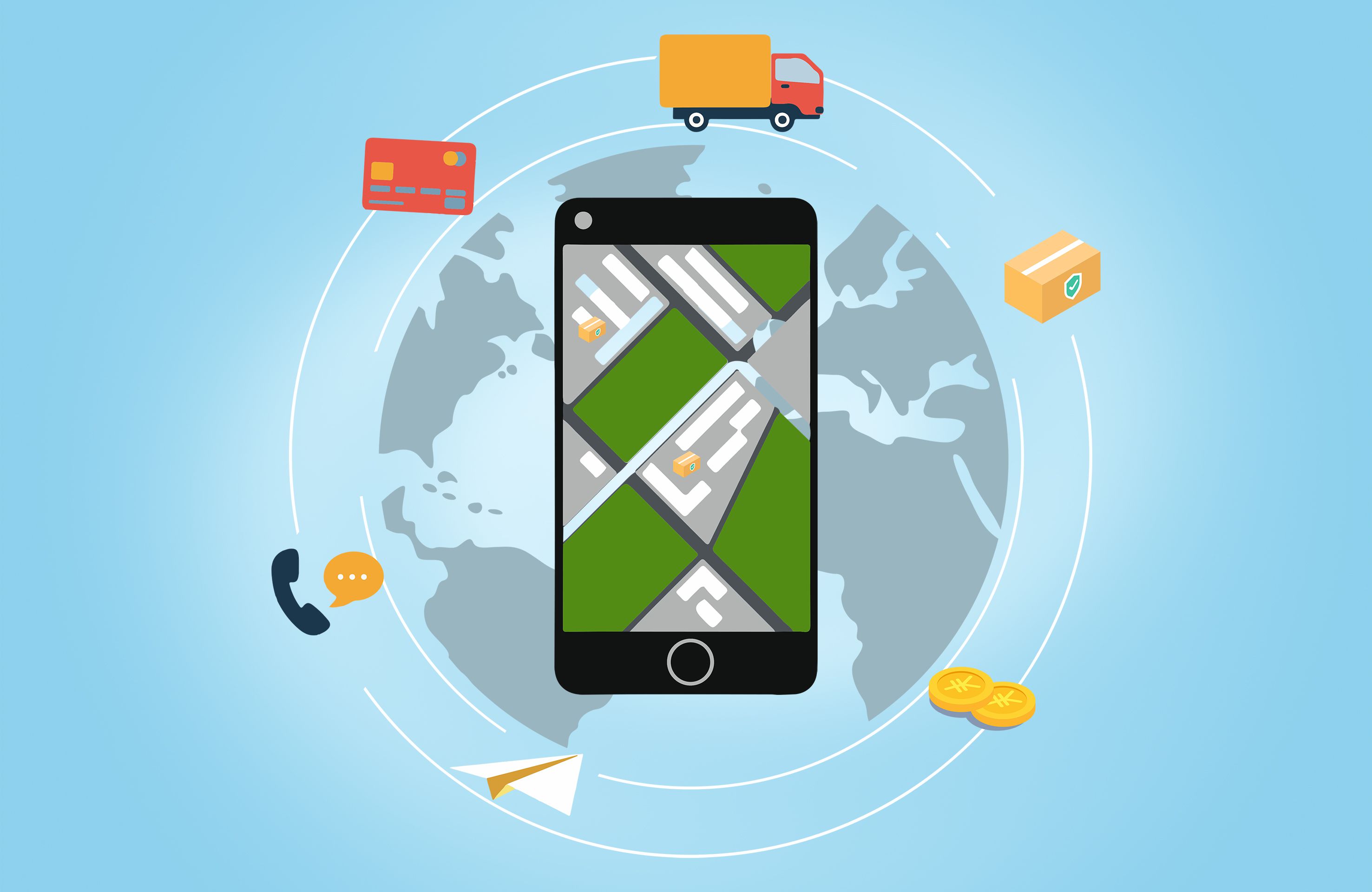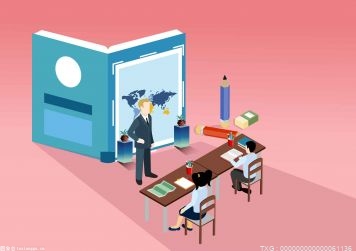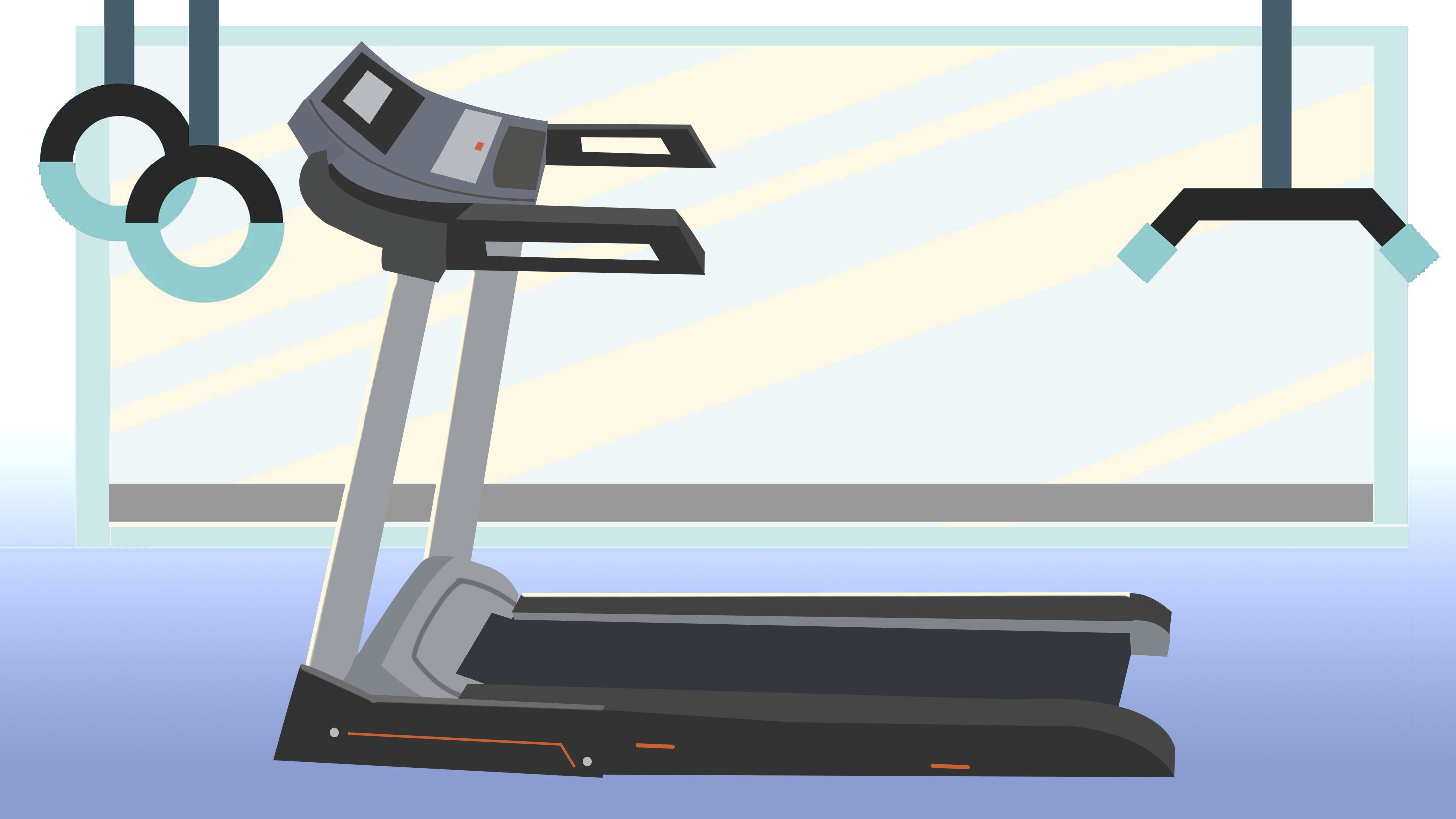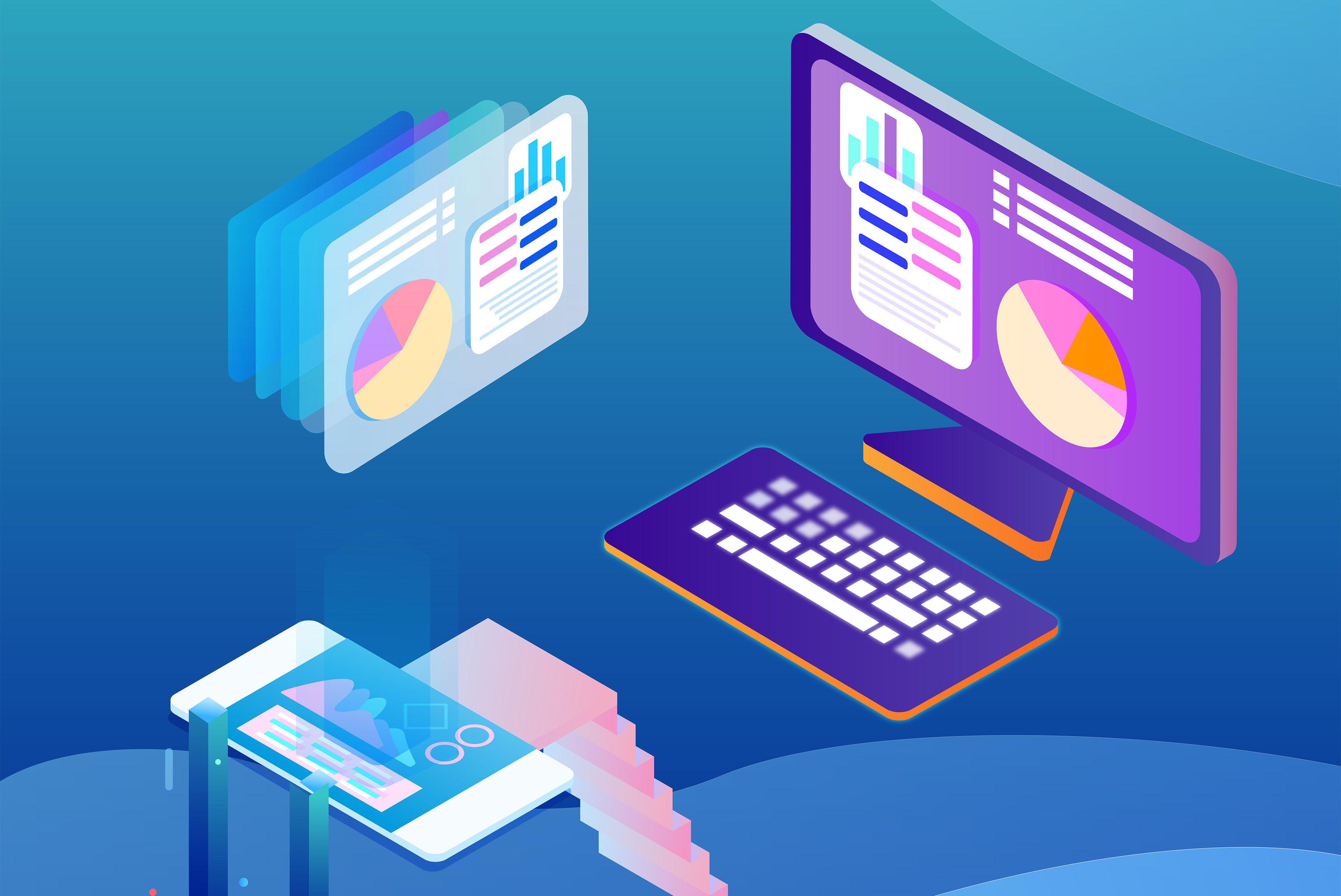 (资料图片)
(资料图片)
BEIJING, September 2 (TMTPOST) – The first to be commercialized after L2 autonomous driving is likely to be L4 instead of L3, according to Li Yanhong, founder and CEO of China"s internet giant Baidu.
"Previously, people thought that autonomous driving is very far from us, even Turing Award winner Joseph Sifakis believes that it may take decades to achieve complete autonomous driving. Therefore, people put their hopes more on the progressive route, thinking that the technical development of autonomous driving should be to achieve L2 first, then L3, and finally L4 and L5, and the relevant national policies will also go the same way. In my opinion, the first to enter commercial use after L2 is likely to be L4, not L3. " Li Yanhong said while attending the opening ceremony of the World Artificial Intelligence Conference in Shanghai, Thursday.
In the global classification of autonomous driving, L2 is AI-assisted driving, dominated by human drivers. L3 is shared autonomy, part of the driving completed by the car. But when the vehicle encountered a complex situation, the driver shall take over in a timely manner. L4 is advanced autonomous driving, in most of situations the vehicle can drive automatically, and only a small number of scenarios need humans. L5 is full autonomy, with all driving done by the vehicle itself.
Li believes that L4 would be commercially available earlier than L3. Because as for L3, the driver needs to take over in certain situations, making it difficult to define accident responsibility and increase popularity .
He also said that there is increasing trust and popularity for autonomous driving in China. A survey showes that 83% of Chinese people accept autonomous driving technology, and Chinese consumers" demand for connected and intelligent cars are relatively high.
Technological innovation cannot be separated from supporting system innovation, and China needs to provide the best development environment for innovation with concrete support, he added.
